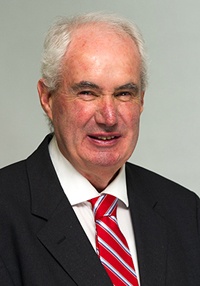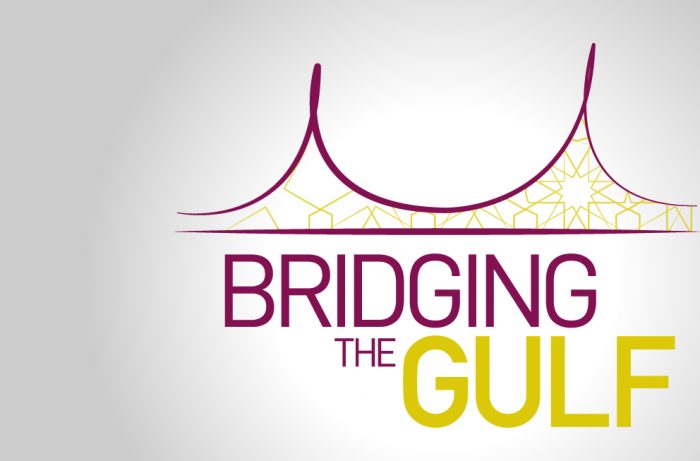- 23 Apr 2015
Does Islamic banking provide for a more just financial system?
Abstract:
Continuing revelations about malpractices in banking and popular revulsion concerning executive bonuses perceived as unjustified have resulted in much questioning regarding the morality of the existing global financial system. Can Islamic banking which attempts to conduct financial transactions in accordance with religious teaching provide a more acceptable alternative? Islamic banks are best known for their avoidance of interest based finance because of the Shari’ah prohibition of riba which is seen as exploitative. However there are other positive features of Islamic finance that have been stressed more in recent years, notably the principle of risk sharing. Whereas western banks try to minimise their own risks and transfer risks to their clients, Islamic banks are willing to take on risk. Risk sharing does not pose problems where there are high degrees of trust between banks and their clients. As relationship banking characterises Islamic finance the stress is on the long term rather than one-off financial transactions for the lowest possible cost.
As is the case with ethical banking, Islamic banks in practice do not always operate according to the high ideals of religious teaching. However at their best Islamic financial principles provide for a just banking system, with checks and balances, not least by having a governance structure that includes a committee of religious advisors. Much has been achieved since 1975 when the pioneering institution, Dubai Islamic Bank, opened. Assets managed in accordance with Shari’ah now exceed $1.54 trillion, and in the economies of the Gulf and Malaysia deposits in Islamic banks account for between one fifth and half of the total. Although those working in Islamic banks do not expect them to replace existing institutions, the global financial crisis of 2008 highlighted the need for changes to present practices. Participatory finance involving real commitment after careful risk appraisal is a preferable alternative to irresponsible lending where bank employees get bonuses based on the number of clients signed up or the size of the transactions.
About the Speakers

Emeritus Professor
International Centre for Education in Islamic Finance (INCEIF), Malaysia
Rodney Wilson is an Emeritus Professor in the International Centre for Education in Islamic Finance (INCEIF). Previously he has been involved in research and teaching in Islamic economics and finance for over 30 years and he founded the Durham University Islamic Finance Programme. Before joining INCEIF, he was a Visiting Professor at the Qatar Faculty of Islamic Studies. Professor Wilson has authored 12 books and over 50 articles. His most recent books are Legal, Regulatory and Governance Issues in Islamic Finance, Edinburgh University Press, 2012 and Economic Development in the Middle East, Routledge, London and New York, 2013. He has edited numerous books, most recently Islamic Banking and Financial Crisis: Reputation, Stability and Risks, (co-editors Habib Ahmed and Mehmet Asutay), Edinburgh University Press, 2014. His current work includes a book on Islam and Economic Policy, which will also be published by Edinburgh University Press in May.
Professor Wilson has extensive consultancy experience including with the African Development Bank (2011 and 2012), the Qatar Central Bank (2010) and the Islamic Financial Services Board Working Group on Shari’ah Governance (2007- 2009). In 2014 he was awarded the Islamic Development Bank Prize in Islamic Banking and Finance in recognition of his contribution to the subject. He is also receiving the United States based Lariba recognition award for excellence in riba free banking.



